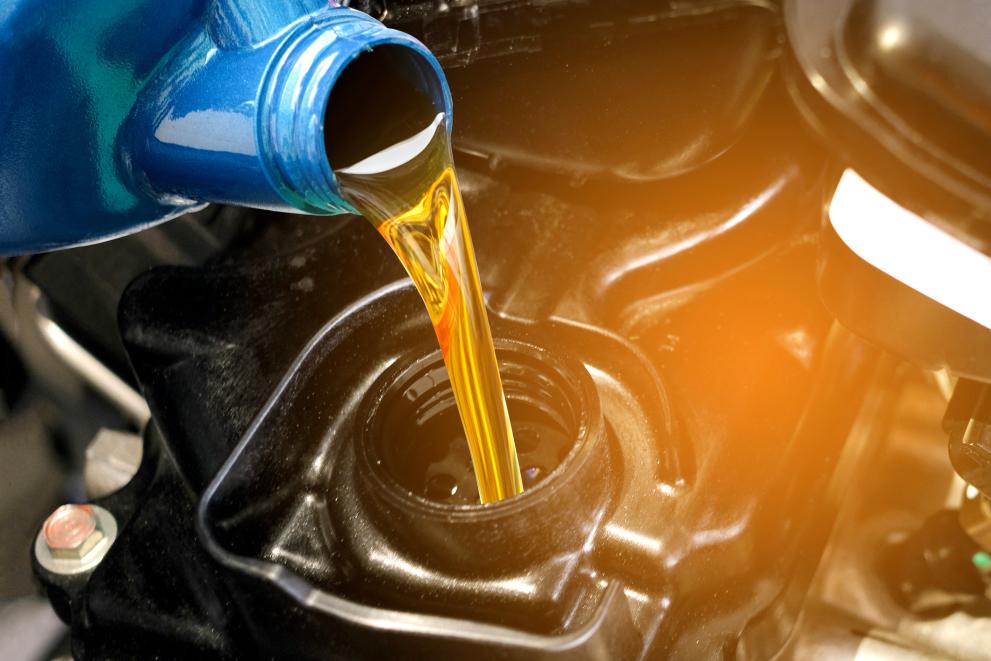
Lubricant oils are used in our cars, but also in machines used in the industry. These lubricant oils have a certain service life and are replaced on a regular basis, e.g. during an oil change at the garage.
Whereas some of the waste lubricant oils are disposed of by controlled burning, they can also be recycled into new lubricant oil products, a process called regeneration.
The Waste Framework Directive stipulates that the Commission should look at the feasibility of adopting measures for the treatment of waste oils, including quantitative targets on the regeneration of waste oils and any further measures to promote the regeneration of waste oils.
With the help of the JRC, the European Commission is looking at what the advantages are of recycling waste oils for the environment and the society and which processes generate the maximum benefits for environment and society. In this respect, JRC is using its in-house developed life cycle analysis and costing methodology to assess the environmental performance, and costs for society, for a series of waste lubricant oil treatment pathways.
